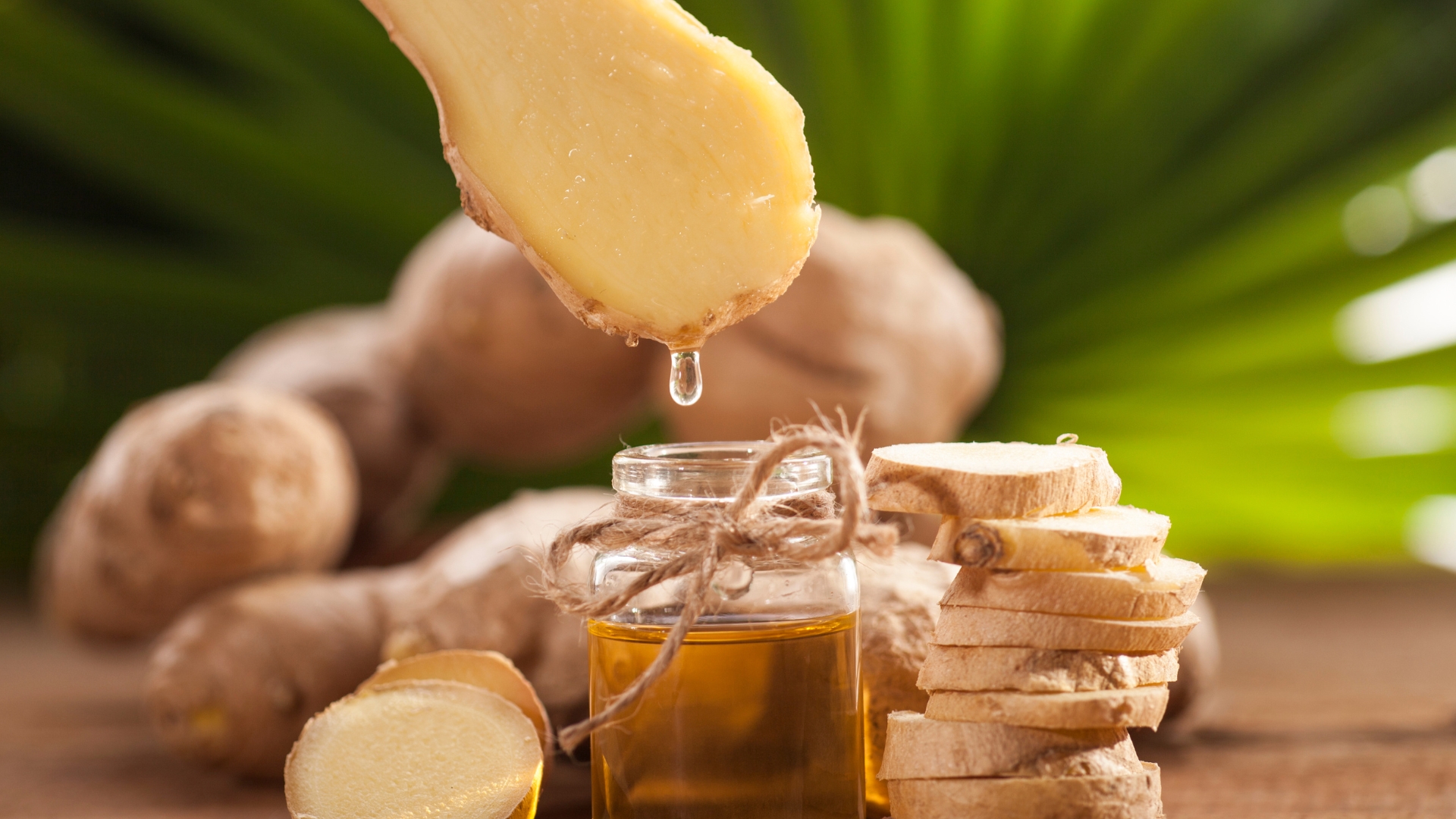
Table of Contents
Is Ginger the Secret to Boosting Immunity?
Ginger has been trusted for centuries in traditional systems of medicine and is now popular worldwide for its warming taste and health potential. But does it truly help your body fight infections? The short answer: ginger can support immune health—mainly through its antioxidant, anti-inflammatory, and gut-supportive actions—when used consistently alongside a wholesome lifestyle.
What Makes Ginger Special?
Ginger contains potent bioactive compounds such as gingerols, shogaols, and zingerone. These plant chemicals have antioxidant and anti-inflammatory properties that help the body handle everyday stressors. Fresh ginger is richer in gingerols, while dried or cooked forms can increase shogaols—both are beneficial in different ways.
How Ginger May Support Immunity
- Antioxidant shield: Helps neutralize free radicals that can weaken immune function.
- Inflammation balance: May reduce low-grade inflammation, supporting a more efficient immune response.
- Gut health support: A calmer, healthier gut is linked to stronger immunity; ginger can aid digestion and reduce nausea/bloating.
- Respiratory comfort: Warm ginger infusions can soothe the throat and support nasal comfort during seasonal sniffles.
Easy Ways to Use Ginger
- Ginger tea: Simmer freshly sliced ginger (2–3 cm) in water for 8–10 minutes; add lemon and honey after it cools slightly.
- Cooking: Add grated ginger to stir-fries, dal, soups, or marinades.
- Smoothies/shots: Blend a small knob of fresh ginger with citrus, turmeric, or apple.
- Powdered ginger: A pinch in warm water with lemon before meals can feel soothing.
Suggested Amounts & Best Times
For general wellness, many people find benefits with 2–5 grams of fresh ginger (about ½–1 tsp grated) or ¼–½ tsp dried ginger powder daily. Start small to assess tolerance. Ginger before or between meals can aid digestion; evening teas can be calming for some.
Safety, Side Effects & Who Should Avoid
- Common side effects at higher intakes: heartburn or mild stomach upset.
- Pregnant or breastfeeding individuals: keep amounts modest; consult your clinician if unsure.
- Gallstones, bleeding disorders, or blood-thinning medication: speak with a healthcare professional before regular use.
- Ginger is a supportive herb—not a cure for infections. Keep up with sleep, nutrition, hydration, and medical care as needed.
Bottom Line
Ginger isn’t a magic shield, but it’s a time-tested kitchen ally that can support immune health by easing inflammation, aiding digestion, and providing antioxidants. Pair it with a balanced diet, regular movement, and good sleep for the best results.
Quick FAQ
Q: Fresh or powdered—what’s better?
A: Both help. Fresh ginger is great for tea and cooking; powder is convenient and slightly more concentrated by weight.
Q: Can I take ginger daily?
A: Yes, in moderate amounts. If you have medical conditions or take medicines, confirm with your clinician.
Q: Can ginger prevent colds?
A: It can support your body’s defenses, but it doesn’t guarantee prevention. Think of it as part of a healthy routine.


